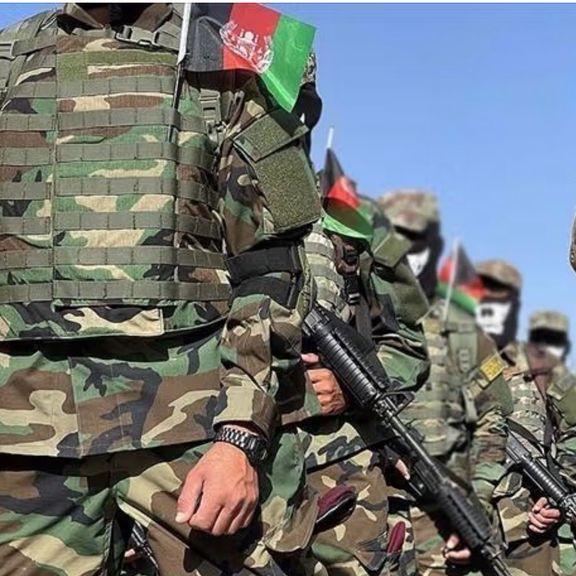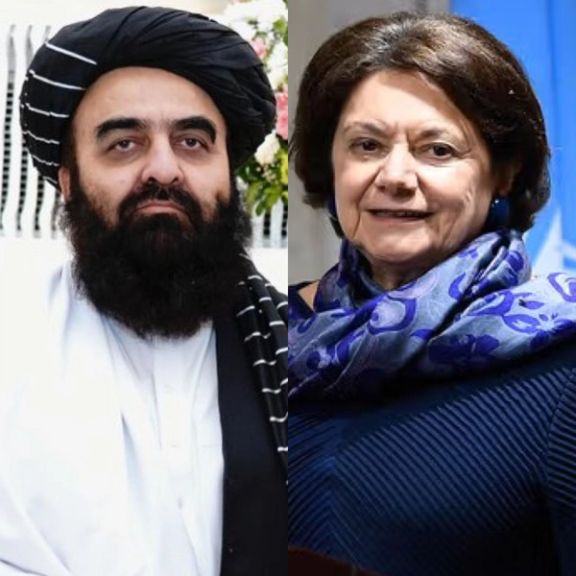In a statement released by the Taliban’s spokesperson on Thursday, Hibatullah Akhundzada said past governments promoted corruption and immorality, which he alleged alienated Afghans from their faith.
“In previous regimes, un-Islamic matters flourished, and people became strangers to religion,” Akhundzada said. “Those regimes promoted corruption and immorality, destroyed people’s minds, and encouraged opposition to religion. They invested heavily in this effort.”
He added: “Today, the minds of people have become so corrupted that Sharia appears unfamiliar to them.”
The Taliban said the remarks were made during a meeting held at the governor’s office in Kandahar, where Akhundzada addressed religious scholars from 15 districts. While the group claims the leader delivered a speech, no photos or videos of the gathering were published.
Akhundzada called on religious scholars to take a more active role in implementing Taliban policies and promoting Islamic values. “You, the scholars, are the dearest servants of God on Earth, and since your responsibility is great, you must fulfil it in the best possible way,” he said.
He stressed that society follows the example set by religious scholars and rulers. “If these two groups are righteous, society will be righteous. But if they fall into corruption, the people will follow them.”
Call for Public Awareness on Road Safety
The Taliban leader also addressed road safety, urging clerics to educate the public about traffic laws in order to reduce Afghanistan’s rising number of road accidents.
“Road incidents have recently increased, causing fatalities,” he said. “Religious scholars should raise awareness so that people do not recklessly endanger their own lives or the lives of others.”
According to the Taliban’s traffic department, more than 4,000 road accidents occurred in the last ten months of the previous year, resulting in at least 2,000 deaths.
Pledge to Reform Afghanistan’s Youth
Akhundzada also spoke about the country’s younger generation, saying: “The youth of Afghanistan are like my own children, and I am trying to reform them. God willing, I will fulfil my responsibility in this regard.”
He urged scholars to take a leading role in the “reformation of society,” particularly in religious matters, and insisted that all Taliban-issued laws and decrees are rooted in Islamic Sharia and must be promoted accordingly.
According to the Taliban statement, the scholars in attendance renewed their pledge of allegiance to Akhundzada.
The meeting follows a similar gathering held last week with the Herat ulema council, during which Akhundzada reaffirmed the importance of following religious scholars and warned of efforts to undermine the Taliban by dividing the clerical establishment and eroding public trust.
Under the banner of enforcing Sharia law, the Taliban have imposed harsh restrictions including a ban on education for girls beyond grade six and the exclusion of women from public life and employment in many sectors.
In response to ongoing human rights violations, particularly targeting women and girls, the International Criminal Court (ICC) recently issued arrest warrants for both Hibatullah Akhundzada and the Taliban’s chief justice.

